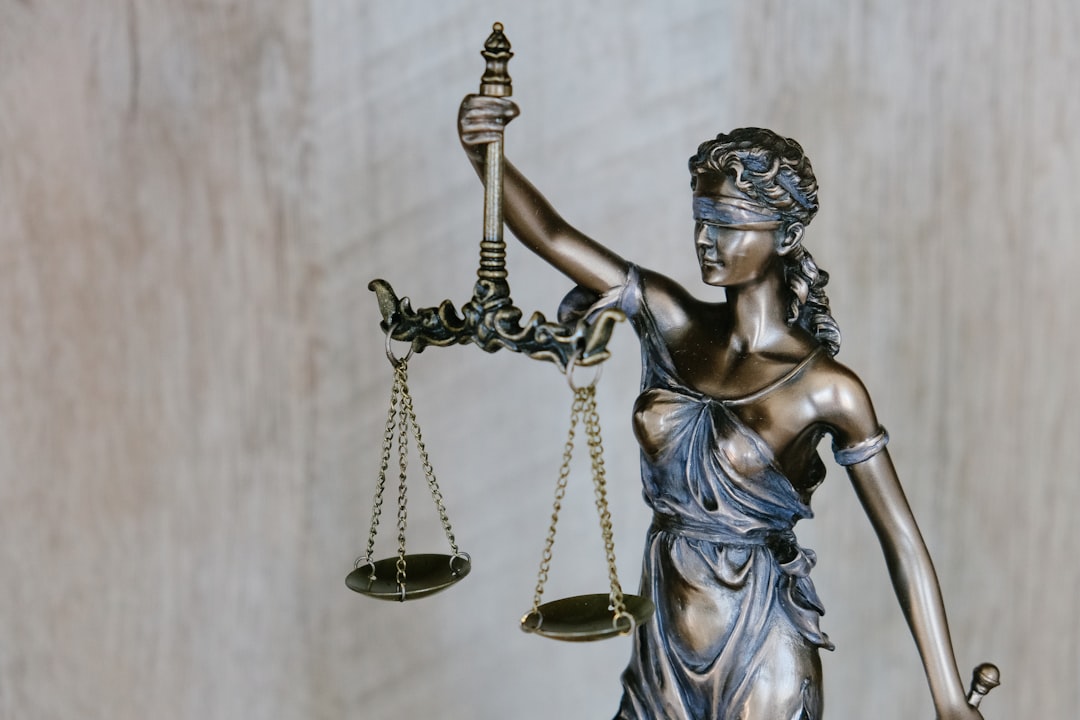In Arkansas, covering sexual assault cases requires a nuanced approach due to complex laws and sensitive nature. Journalists must collaborate with experienced sexual assault attorneys Arkansas for accurate legal insights while protecting victims' privacy and ensuring fairness. Best practices include consulting experts, building trust with survivors, presenting multiple perspectives, and engaging affected communities carefully to achieve balanced reporting that promotes awareness and justice without compromising sensitivity.
In Arkansas, journalists play a crucial role in shedding light on sensitive issues like sexual assault. This training program equips reporters with the knowledge and skills needed to navigate complex cases ethically and accurately. From understanding the intricacies of legal processes to collaborating with sexual assault attorneys, these sessions empower media professionals to report responsibly. By fostering partnerships with experts, Arkansas journalists can ensure their coverage is fact-driven and sensitive, contributing to a more informed public discourse around this vital issue.
Understanding the Complexities of Sexual Assault Cases in Arkansas

In Arkansas, covering sexual assault cases requires a nuanced understanding of legal complexities and sensitive issues. Journalists often face challenges in balancing the need for accurate reporting with protecting victims’ privacy and ensuring fairness to all parties involved. The state’s laws regarding sexual assault evidence, victim rights, and defendant defenses are critical aspects that journalists must grasp to handle these cases ethically.
Sexual assault attorneys in Arkansas play a pivotal role in navigating these complexities. They can provide insights into the legal process, help journalists understand evidentiary requirements, and offer guidance on ethical reporting practices. Collaborating with legal experts ensures that news coverage is accurate, sensitive, and respectful of the victims while upholding journalistic integrity.
The Role of Journalists: Ethical Considerations and Best Practices

Journalists play a critical role in shedding light on sensitive issues like sexual assault, ensuring public awareness and holding perpetrators accountable. When covering such cases, ethical considerations become paramount. It’s crucial for reporters to approach these stories with sensitivity, respect, and integrity. This includes protecting the privacy of victims while providing accurate information, avoiding sensationalism, and verifying facts meticulously.
Best practices for Arkansas journalists include consulting with sexual assault attorneys to gain insights into legal procedures and jargon, fostering trust among victims who may be hesitant to come forward. They should also ensure balanced reporting by presenting multiple perspectives, especially from experts in the field. Engaging with communities affected by sexual assault can provide valuable context, but journalists must navigate these interactions with care to avoid further trauma for victims and their families.
Collaborating with Sexual Assault Attorneys for Accurate Reporting

When covering sensitive topics like sexual assault cases, collaboration with experienced legal professionals is crucial for accurate and responsible reporting. In Arkansas, journalists have the opportunity to partner with renowned sexual assault attorneys who possess in-depth knowledge of the legal intricacies surrounding such cases. These attorneys serve as valuable resources, offering insights that ensure stories are told with sensitivity and precision. By working together, media outlets can maintain high journalistic standards while shedding light on important social issues.
Engagement with sexual assault attorneys in Arkansas enables journalists to gain a comprehensive understanding of case procedures, legal definitions of sexual assault, and the rights of both survivors and accused individuals. This collaboration fosters fair and unbiased reporting, allowing for a more nuanced portrayal of complex legal matters. As a result, media coverage becomes a powerful tool for raising awareness, promoting healing, and advocating for justice in cases of sexual assault.





